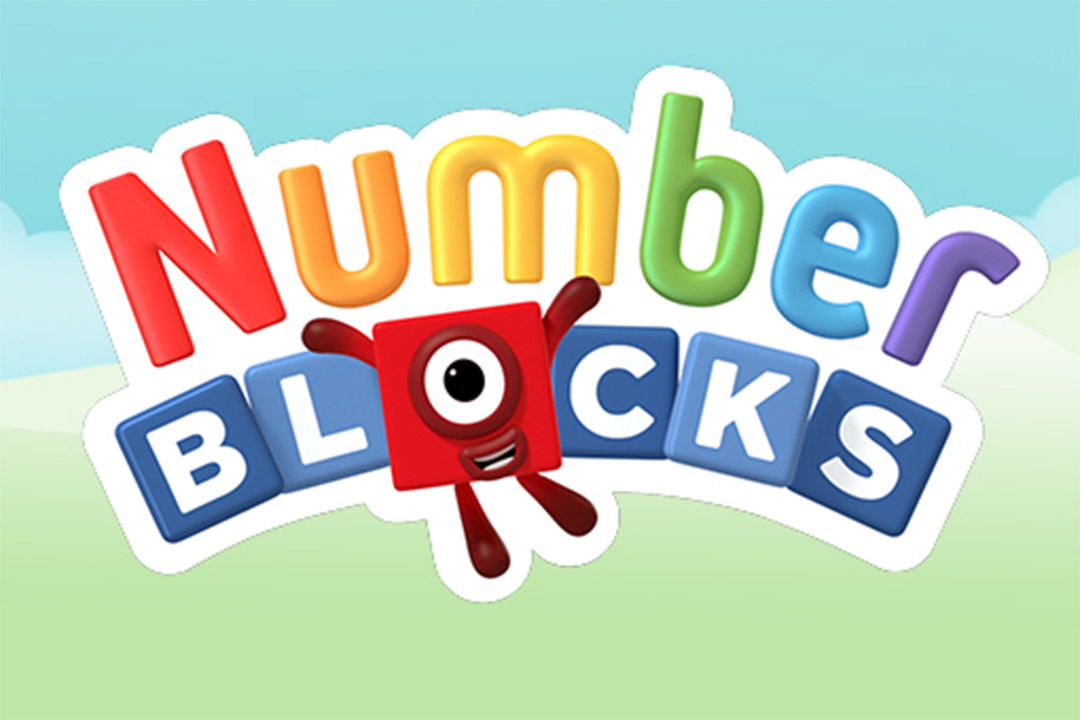MathematicS
Meet our Maths Coordinator.
Maths Coordinator (ID 1412)
-
Mr Clark
Mr Clark
Spencer - Maths Pupil Lead (ID 1424)
-
Maths Ambassador
Maths Ambassador
Why do we teach Mathematics?
Mathematics introduces children to the concepts, skills and thinking strategies that are essential in everyday life and support learning across the curriculum.
It helps children to make sense of the numbers, patterns and shapes they see in the world around them, offers ways of handling data in an increasingly digital world and makes a crucial contribution to their development as successful learners. Children delight in using mathematics to solve problems, especially when it leads to an unexpected discovery or new connections. As their confidence grows, they look for patterns, use logical reasoning, suggest solutions and try different approaches to problems. Mathematics offers children a powerful way of communicating: they learn to explore and explain their ideas using symbols, diagrams and spoken and written language. They start to discover how mathematics has developed over time and how it contributes to our economy, society and culture. Studying mathematics stimulates curiosity, fosters creativity and equips children with the skills they need in life beyond school.
Our mathematics philosophy
At Hedon Primary School we encourage our pupils to become lifelong learners who ‘make the most of everyday.’ We want to give children an education that is of the highest standard, we aim for excellence in all our school activities and encourage all pupils, whatever their ability, to achieve the best they possibly can. Our Mathematics policy will ensure that all pupils have the confidence to use mathematics in a range of contexts and situations and thus preparing them for life in the 21st century and beyond.
Mathematics is a creative and highly interconnected discipline that has been developed over centuries, providing the solution to some of history’s most intriguing problems. It is essential to everyday life, critical to science, technology and engineering, and necessary for financial literacy and most forms of employment. A high-quality Mathematics education therefore provides a foundation for understanding the world, the ability to reason mathematically, an appreciation of the beauty and power of mathematics and a sense of enjoyment and curiosity about the subject.
The school’s curriculum for mathematics aims to ensure that all pupils:
- become fluent in the fundamentals of mathematics, which is structured through varied and frequent practice with increasingly complex problems over time, so that pupils develop conceptual understanding and the ability to recall and apply knowledge rapidly and accurately.
- reason mathematically by following a line of enquiry, conjecturing relationships and generalisations, and developing an argument, justification or proof using mathematical language.
- can solve problems by applying their mathematics to a variety of routine and non-routine problems with increasing sophistication, including breaking down problems into a series of simpler steps and persevering in seeking solutions.
Mathematics is an interconnected subject in which pupils need to be able to move fluently between representations of mathematical ideas. The programmes of study are, by necessity, organised into apparently distinct domains, but pupils should make rich connections across mathematical ideas to develop fluency, mathematical reasoning and competence in solving increasingly sophisticated problems. They should also apply their mathematical knowledge to science and other subjects where appropriate.
The expectation is that the vast majority of pupils will move through the programmes of study at broadly the same pace. However, decisions about when to progress should always be based on the security of pupils’ understanding and their readiness to progress to the next stage. Pupils who grasp concepts rapidly should be challenged through being offered rich and sophisticated problems before any acceleration through new contents. Pupils who are finding concepts difficult should be given the opportunity to access the work at the expected standard through support, scaffolding and mathematical apparatus before reverting to a previous year’s standard. Those who are not sufficiently fluent with earlier material should consolidate their understanding, including through additional practice, before moving on.
Our school
At our school, we make mathematics exciting, enjoyable and stimulating. We provide high-quality teaching which is engaging, interactive and builds upon the children's prior learning. Our school's maths and calculation policy ensures that there is consistency across the school and the children are provided with the key strategies in order for them to reach their full potential.

Reception children learn using National Centre for Excellence in the Teaching of Mathematics (NCETM) Numberblocks Materials. These materials are designed to be used in conjunction with the Numberblocks episodes and focus on talk and discussion and mathematical concepts and language. Numberblocks was first broadcast in January 2017 and is a pre-school BBC television series aimed at introducing children to early number. The snappy animation and loveable characters combine with engaging storylines to gently introduce concepts of number to support early mathematical understanding.
From Y1 to Y6 the school uses the Maths No Problem (MNP) materials as a resource to our mastery approach to the teaching of mathematics. Our Foundation Stage also follows the mastery approach to teaching within the Early Learning Goals. The school selected the MNP resource for several reasons:
- Founded on the learning theories of Piaget, Dienes, Bruner, Skemp and Vygotsky.
- Adapted from the New Syllabus Primary Mathematics Series and approved by the Ministry of Education in Singapore and the Department for Education.
- Co-authored by Dr Yeap Ban Har, a world-recognised expert in Singapore maths teaching.
- Fully aligned with the 2014 English national curriculum for maths.
-
calculation-policy-maths-no-problem
download_for_offline
download_for_offlinecalculation-policy-maths-no-problem
- maths-vocabulary-maths-no-problem download_for_offline
download_for_offlinemaths-vocabulary-maths-no-problem
- year-1-scheme-of-work download_for_offline
download_for_offlineyear-1-scheme-of-work
- year-2-scheme-of-work download_for_offline
download_for_offlineyear-2-scheme-of-work
- year-3-scheme-of-work download_for_offline
download_for_offlineyear-3-scheme-of-work
- year-4-scheme-of-work download_for_offline
download_for_offlineyear-4-scheme-of-work
- year-5-scheme-of-work download_for_offline
download_for_offlineyear-5-scheme-of-work
- year-6-scheme-of-work download_for_offline
download_for_offlineyear-6-scheme-of-work
- maths-vocabulary-maths-no-problem download_for_offline

